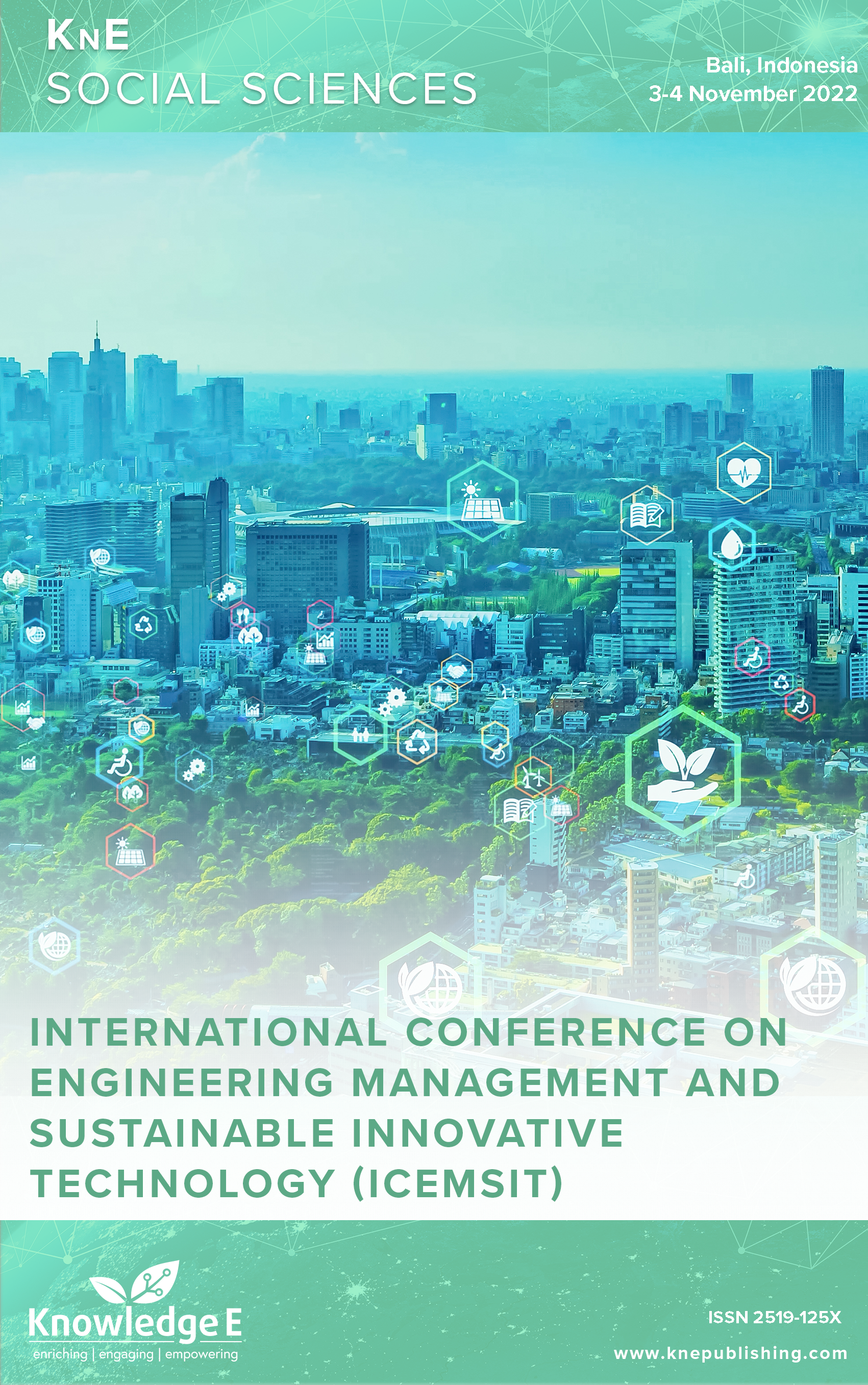The Role of Village Government to Manage Tourism Object in Increasing the Locally-Generated Revenue in Panti District Jember Regency
DOI:
https://doi.org/10.18502/kss.v9i10.15692Abstract
The Indonesian government has decided to enhance its economic status, and one of the ways to achieve this is by utilizing the tourism ministry to maximize the tourism industry. This research aimed to investigate the contribution of the Village Government in managing tourism sites to increase locally-generated income in Suci Village, Panti District, Jember Regency. Additionally, the study identified the challenges faced by the Suci Village Government. Qualitative methods were employed for data collection, utilizing triangulation that encompasses interviews, observations, and documentation. The outcomes of this research revealed that socialization and planning for tourist area development, formation of tourism awareness groups named Pokdarwis, social media promotions, and comparative studies with other tourist villages were effective ways to improve the situation. However, several factors influence the Village Government’s role in tourism management, such as natural conditions affected by seasons, insufficient infrastructure and facilities, and human resources, particularly the community’s lack of knowledge and skills regarding tourism object management. Hence, training and intensive support from the Suci Government are crucial.
Keywords: government, PAD, tourism, village
References
Undang-Undang Republik Indonesia Nomor 10 Tahun 2009 tentang Kepariwisataan dengan Rencana Induk Pengembangan Kepariwisataan di Tingkat Provinsi ataupun Kabupaten/Kota
Undang-undang (UU) Nomor 6 Tahun 2014 tentang Desa.
Buga KE, Larasati DC. Peran Badan Pelayanan Pajak Daerah Kota Malang dalam Mengurai Tunggakan PBB Perkotaan Hasil Pelimpahan dari Pemerintah Pusat. Jurnal Ilmu Sosial dan Ilmu Politik. JISIP; 2018. p. 7.
Mardikanto T, Subianto P. Pemberdayaan Masyarakat dalam Perspektif Kebijakan Publik. Bandung: Alfabeta; 2017.
Moleong LJ. Metode Penelitian Kualitatif. Bandung: PT. Remaja Rostadarya; 2017.

